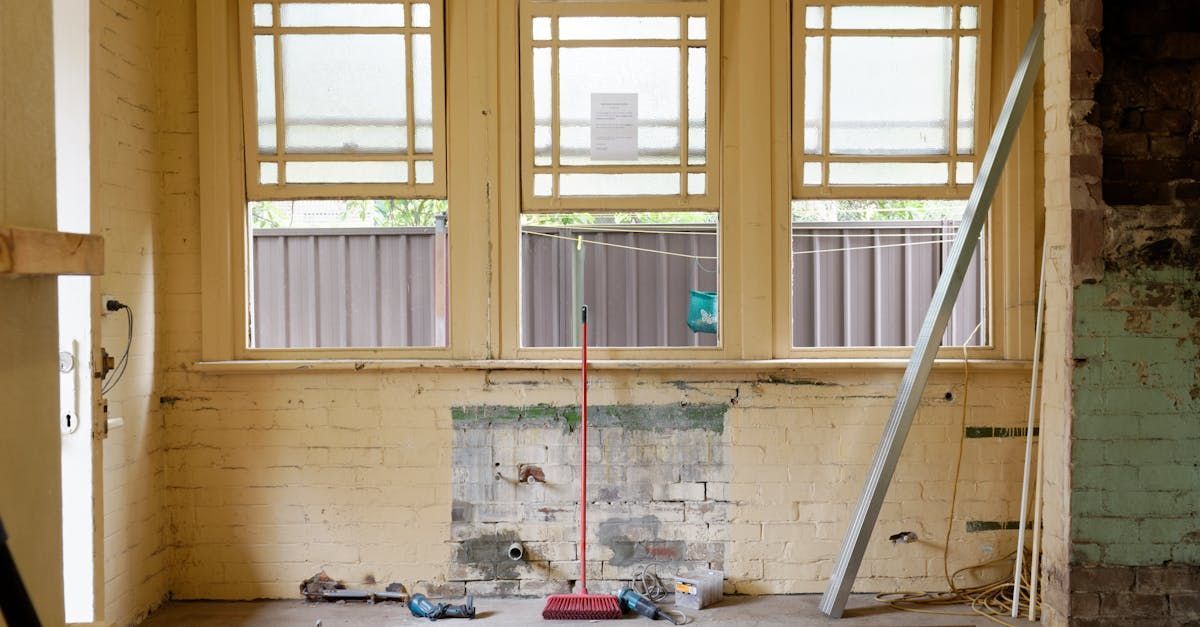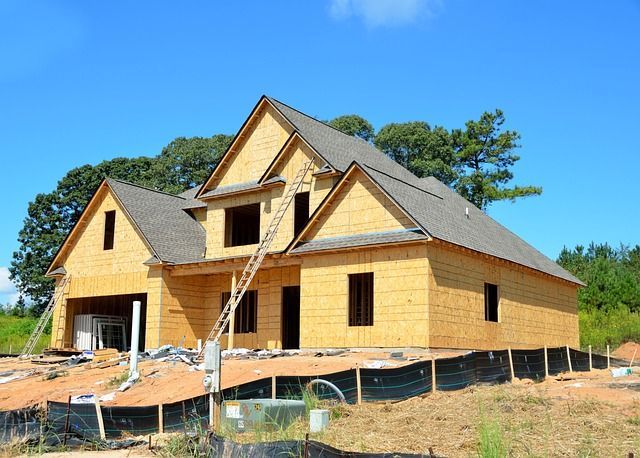or email bjoyce@grandcoastcapital.com

Purchasing a fixer-upper can be an excellent way for homebuyers to get more house for their money while adding updated features or personal touches through renovations. However, financing these improvements can be a challenge. Fortunately, several loan options allow buyers to roll home improvement costs into their mortgage, making investing in a property that needs some work - easier. Let’s explore how these loans work, their benefits and risks, and the key factors to consider before committing.
Understanding Fixer-Upper Home Loans
Fixer-upper loans, such as the FHA 203(k) and Fannie Mae’s HomeStyle Renovation mortgage, are designed to help buyers finance both the purchase of a home and the cost of renovations in a single loan. With these loans, the amount borrowed is based on the property's future value after improvements are made, allowing buyers to tap into the property’s potential equity right from the start.
The FHA 203(k) loan is a popular option for first-time home buyers. It allows borrowers to finance the purchase and renovation of a home with as little as 3.5% down. The loan is insured by the Federal Housing Administration (FHA), which means it comes with lower interest rates and more lenient credit requirements. However, the FHA 203(k) loan does come with certain restrictions on the types of renovations that can be financed and requires the use of FHA-approved contractors.
Fannie Mae HomeStyle Renovation Mortgage
The Fannie Mae HomeStyle Renovation Mortgage might be a better fit for those looking for a bit more flexibility. This conventional loan allows borrowers to finance nearly any type of renovation, from minor repairs to significant structural changes. Unlike the FHA 203(k), there are no restrictions on the types of renovations or contractors that can be used, making it a more versatile option for homeowners with specific renovation needs.
Considerations Before Signing
While rolling renovation costs into your mortgage can be convenient, it’s crucial to weigh the pros and cons carefully. One of the main advantages is the ability to finance your renovations at a lower interest rate compared to traditional personal loans or credit cards. Additionally, combining your mortgage and renovation costs into a single loan simplifies the financing process and could lead to potential tax benefits.
However, there are some disadvantages to consider. Renovation loans often come with higher closing costs, and the approval process can be more complicated due to the additional paperwork required for estimating renovation costs and verifying contractors. Additionally, you may be subject to stricter timelines for completing the work, and any delays could result in penalties or even loan default.
Hard Money Loans: An Alternative Financing Option
For homebuyers or investors looking for an alternative way to finance their fixer-upper, hard money loans present a viable option. These loans are typically provided by private investors or companies rather than traditional banks and are secured by the property itself. Hard money loans are typically used by real estate investors or buyers looking to purchase and renovate fixer-upper homes. Unlike conventional loans, hard money loans are often easier to obtain and have less stringent credit requirements, making them attractive to those who may not qualify for other types of financing.
One of the main advantages of hard money loans is their accessibility; they are easier to qualify for compared to conventional loans because the lender primarily considers the value of the property rather than the borrower’s credit history. However, hard money loans come with higher interest rates and shorter repayment terms - usually around 12 to 24 months. This makes them a good option for those planning to renovate and flip a property quickly (a practice known as flipping), but they are less ideal for long-term homeowners who plan to live in the property for many years. Borrowers should also be prepared for a substantial down payment, often 20-30% of the property’s purchase price. Additionally, hard money lenders often require a significant down payment and charge higher fees, which can increase the overall cost of the loan.
It’s crucial to carefully weigh the pros and cons before opting for a hard money loan, especially for a fixer-upper. While these loans offer speed and flexibility, the high costs and short timelines can be risky if the renovation doesn’t go as planned or the property doesn’t sell as quickly as expected. Borrowers should have a clear exit strategy and consider whether they can manage the financial obligations associated with a hard money loan before proceeding.
Conclusion
Choosing the right financing option for a fixer-upper can significantly impact your renovation experience. Whether you opt for an FHA 203(k), a HomeStyle Renovation Mortgage, or a hard money loan, it’s crucial to fully understand the terms and potential risks before signing. Careful planning and a clear understanding of your financial situation will help ensure that your dream home doesn’t become a financial nightmare.
Sources:
Federal Housing Administration (FHA), "203(k) Rehabilitation Mortgage Insurance"
Fannie Mae, "HomeStyle Renovation Mortgage Overview"
U.S. Department of Housing and Urban Development (HUD), "FHA 203(k) Loan Program"
Colliers, "2024 Real Estate Market Trends"
National Association of Realtors, "Financing Options for Fixer-Uppers"

Fast, Reliable Hard Money Lending
email:
bryan@rf-boston.com
tel no: (207) 752.0107
Designed by Mystic Media Dot com


